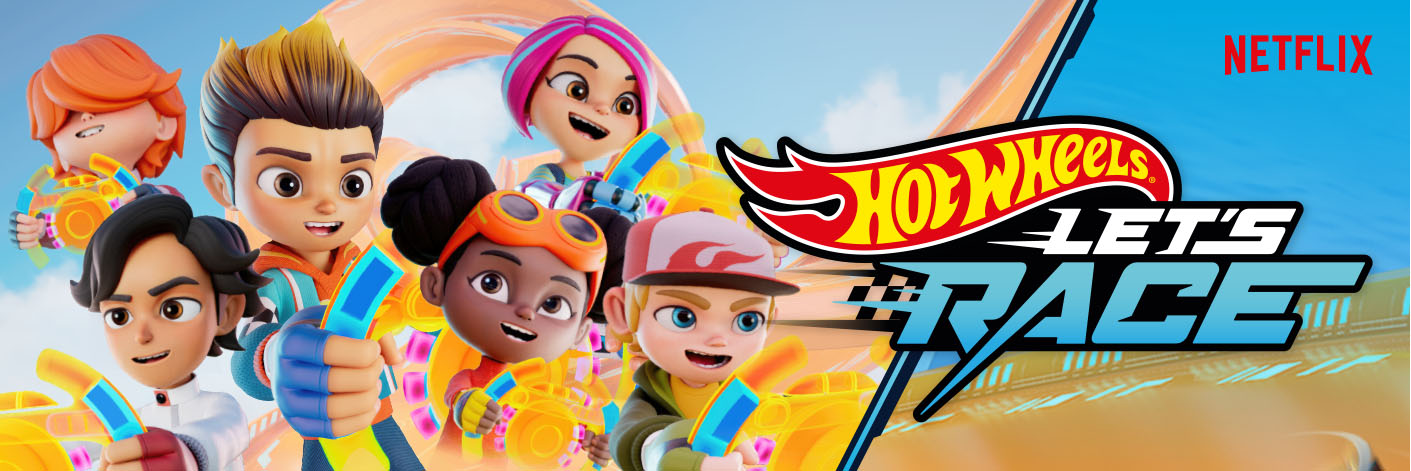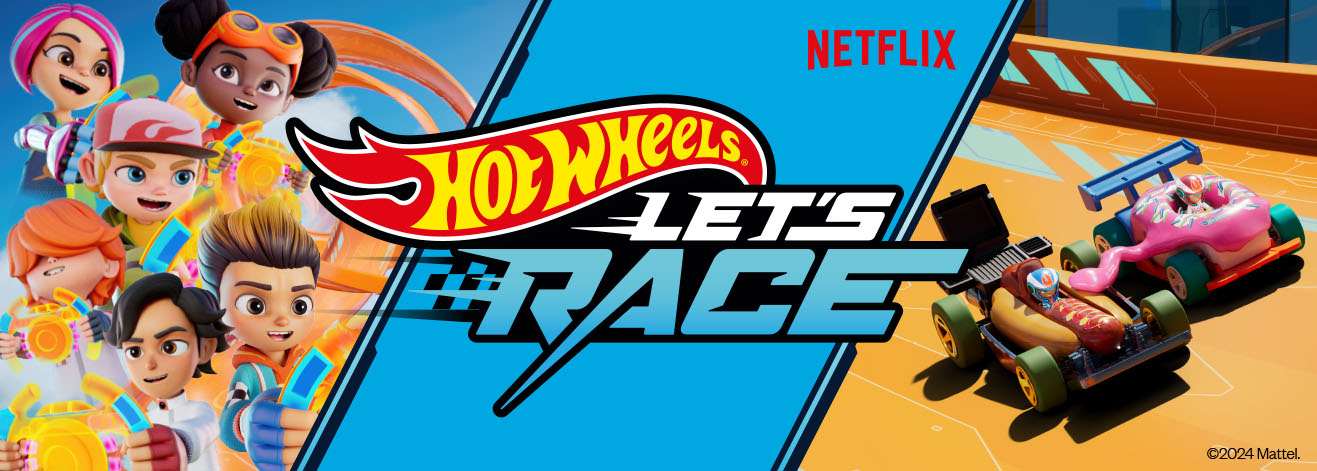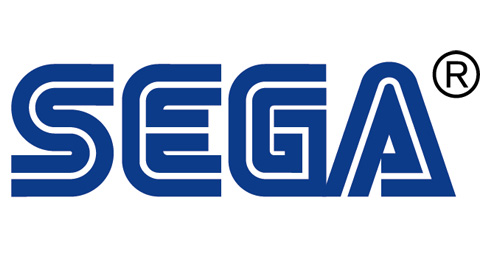There’s certainly been a shift of gear surrounding recent licensing developments for the British e-commerce specialist, The Hut Group, who not only quadrupled its licensing team in 2019, but has since expanded its facilities in preparation for further growth in the space this year.
Across health and beauty, lifestyle, and the pop culture entertainment sectors, the firm has just come out of ‘a record year’ in terms of its licensing operations where the company achieved record sales for its print on demand portfolio for both Zavvi and IWOOT.
Now, The Hut Group is preparing for a successful 2020 as it continues to push new collaborations and product launches across some of the hottest trending licensing sectors of the moment – whether that is a MyProtein deal with Warner Bros, or a boundary-pushing print on demand furniture operation.
Licensing.biz catches up with Rick Kay, licensing manager at The Hut Group to find out more.
Hi Rick, can you tell us how business has been for you guys over the past 12 months?
Excellent. 2019 was a record year for the group and the licensing team especially. Print on demand was a primary focus for us as a licensing team and we saw record sales in that regard. Our capsule launches have been our biggest win.
A particular highlight was the Original Hero range we did with Nintendo on Zavvi.com which turned over £140k gross sales in just seven days.
And what increase in licensing activity from you guys would we have seen over that time?
On Zavvi we launched at least two clothing collections every month in 2019 which is a massive step up from where we were in 2018. In January 2020 alone we have launched a Harley Quinn range to tie-in with the Birds of Prey movie release, a Star Trek and a NASA collection.
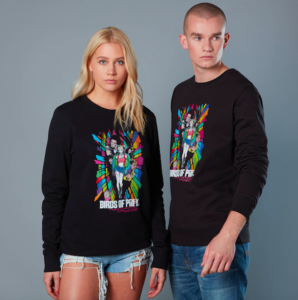
We have also increased our product capabilities and have expanded hugely into the accessories and homeware space. We have launched a Ramen range on IWOOT.com this month which covers multiple products including apparel, phone cases, mugs, prints, cushions, coasters and travel mugs.
We can also print a host of other products on demand including wall vinyl, tote bags, blankets, greeting cards, glassware, doormats, chopping boards and with a dedicated NPD team the list is constantly growing.
Could you talk us through some of the biggest developments The Hut Group has seen in the licensing space over the last few months?
We consider Zavvi to be the home of pop culture and with this in mind video game licensed products have become impossible to ignore and is a big growth area for us.
Nintendo has been a big partner for a few years now but over the last few months we’ve partnered with Sega (Sonic, Football Manager, Streets of Rage etc), Rare (Sea of Thieves, Banjo Kazooie, Battletoads etc) and Borderlands with many more discussions ongoing.
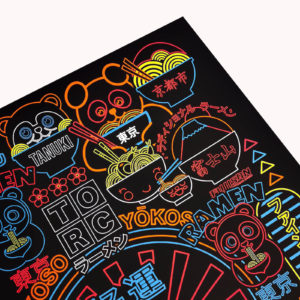
So that’s pop culture, but what are you guys bringing to the lifestyle, luxury, wellness, and beauty space in terms of licensing?
Our focus on our lifestyle division will remain throughout 2020. Our print on demand model allows us to be quick to market and also allows us to develop product for more niche licenses as we don’t have to commit to minimum orders.
On wellness, our biggest brand MyProtein is about to launch a collaboration with Warner Bros. Phase One is a limited edition Justice League collection including protein powder and accessories.
Further phases and licenses will be rolled out throughout the year. This is an exciting and unique licensing opportunity for us which represents the potential for huge growth
We are also looking into opportunities in the luxury and beauty space and this will be a key driver for growth in the future.
We notice that there’s been quite an expansion of the licensing team at The Hut Group – can you talk us through the team and the new additions?
The core licensing team has grown from one person to four in 2019.
Natalie Kumeta is the head of licensing and really got the ball rolling with regards to licensing at The Hut Group. I was then brought in towards the back end of 2018 having had experience on both the licensor and licensee side at Viacom and Sambro.
Ben Smith was then added to the team, with seven years’ experience in print on demand his production knowledge has proven invaluable. Finally, Chris Beck joined in July having previously worked at Mattel and eOne.
Beyond the core licensing team we have grown our dedicated design team from four to eight over the last year with their focus almost exclusively being on print on demand product for Zavvi and IWOOT.
We are also expanding our NPD team which will see us bring in much more product beyond print on demand. Expect to see a lot more exclusive and limited edition collectible product and apparel on Zavvi and IWOOT in 2020.
Our multi-million pound print facility in Warrington will also see further investment as we look to expand the volume we’re able to print as well as the quality and variety of product. Expect print on demand furniture to launch in 2020.
We have also started a new initiative called M-A-N-A which will leverage The Hut Group’s tech platform to allow us to create end-to-end brand led e-commerce sites in a matter of hours. This will be a massive area of growth for us as we look to expand relationships with our existing partners as well as new.
How has this set you guys up for further growth in the licensing space for 2020 and beyond?
The growth of our team will allow us to increase both the frequency and quality of our apparel, homeware and accessory launches on Zavvi and IWOOT in 2020.
Beyond that it will allow us to expand our focus beyond those sites and increase our licensed offering in the wellness, beauty and luxury areas of the business.
I’d like to ask what the next big step for The Hut Group will be now – but I fear we’ll run out of room…
There’s almost too many to list!
For Zavvi and IWOOT the next step will be about expanding our current offering. We have a lot of space to grow our portfolio in the gaming, music, anime and lifestyle sectors.
Growing the two above sites in other territories is also important for us, we’ll be opening a dedicated Zavvi office in the USA and so securing more deals in that territory will be vital.
Then of course we will be rolling out M-A-N-A, and continuing to expand the licensing offering in other sectors of the business.




